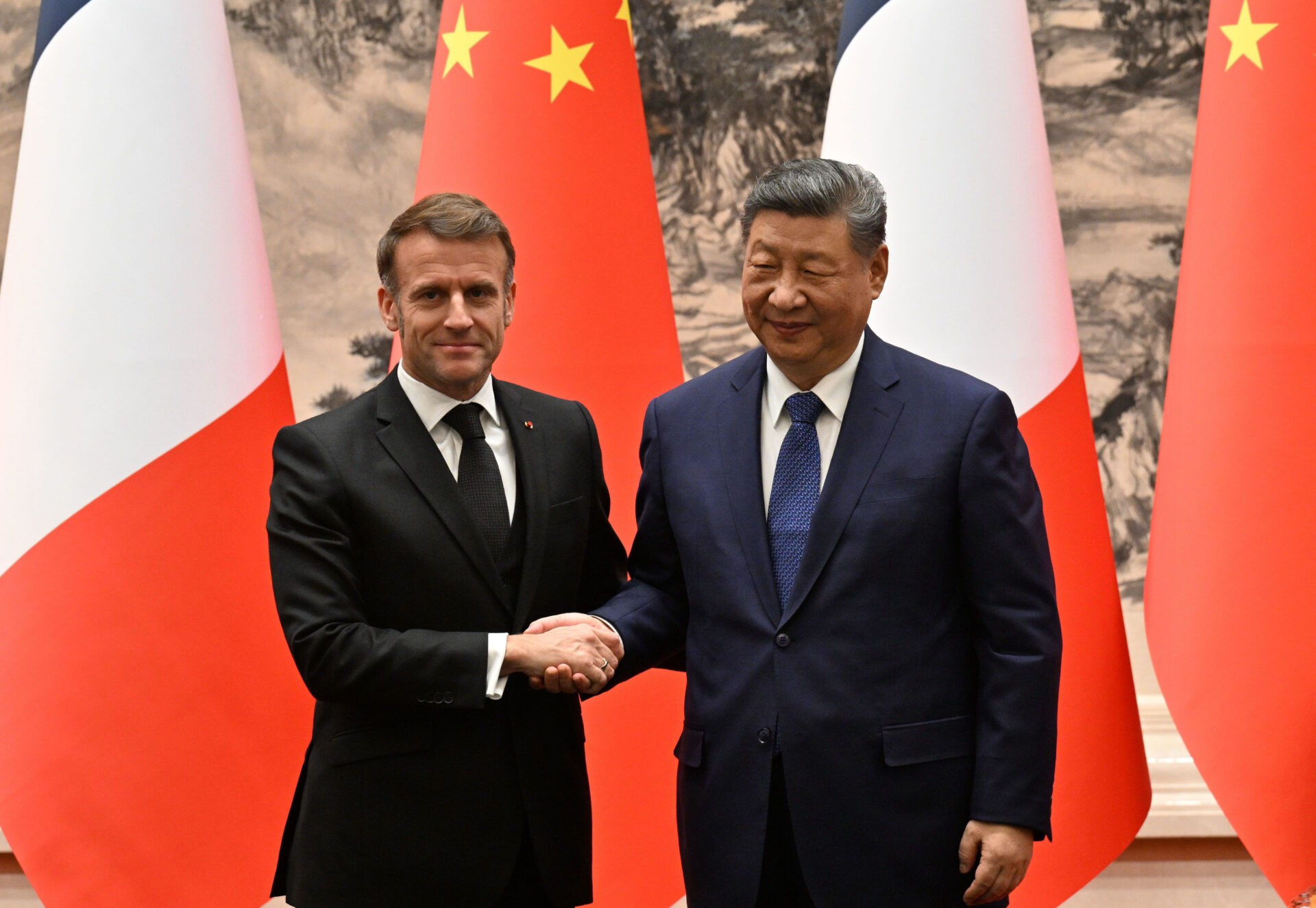TAJIK WAR APPEARS SET TO EXPLODE AND TO FORCE MOSCOW TO MAKE SOME PAINFUL CHOICES
TAJIK WAR APPEARS SET TO EXPLODE AND TO FORCE MOSCOW TO MAKE SOME PAINFUL CHOICES
Tajik war appears set to explode and to force Moscow to make some painful choices
Three events are likely to resonate through next week–the talksand likely fighting in Chechnya, non-Russian reaction to Russianforeign minister Andrei Kozyrev’s new vision of the Commonwealthof Independent States, and a serious deterioration in the militaryand political situation in Tajikistan, one that may lead moreRussians to demand that Moscow pull its "peacekeepers"from the Tajik-Afghan border.
CHECHNYA
The third round of the Chechen peace talks may break off at somepoint during the coming week, either because the two sides willdeadlock on the central political question of whether Chechnyawill be independent or not, because the action will shift to backchannel sessions via Saint Petersburg mayor Anatoliy Sobchak,or because there may be one or more Chechens who may launch abroader attack on Russian troops in Chechnya or even try anotherterrorist-type attack inside Russia itself. The confusion withinthe Russian negotiating team is only going to increase with thearrival of Yeltsin’s personal representative, and Moscow may beforced to reform its team, something it can easily do, now thattwo of the members of the delegation have been given ministerialrank.
KOAZYREV AND THE CIS
Andrei Kozyrev’s new vision of a Russian-dominated and tightlyintegratred CIS–analyzed below by Vladimir Socor–is certainto provoke a variety of reactions among and within each of theCIS member states, and in several other countries as well. Someof the political elites will be intimidated, others will be angered,and still a third group will decide that Kozyrev and Moscow cannotdo what they say and therefore can be ignored with impunity. The bellwether will likely be Belarus; its president indicatedlast week that he was unhappy with Moscow’s policies. If he speaksout more boldly again, Moscow will be forced to decide whetherto increase aid to Minsk or cut its losses. Another place worthwatching is Moldova, where Moscow may or may not increase thewithdrawal of materiel from the Transdniestr region.
TAJIKISTAN
But the most dramatic event of the coming week could easily bean expansion of the war in Tajikistan. Both the Tajik governmentand Russian commanders said this week that the Tajik oppositionbased in Afghanistan was preparing for an offensive. Should thatbegin, more Russian soldiers will die, their deaths will be featuredon Moscow television if recent days are any indication, and evermore Russians–including members of the Duma and even the government–arelikely to press for a withdrawal, something Yeltsin will be loatheto do. But the alternatives–an expanded military operation unlikelyto bring any final victory or continued war in the livingroomsof Russia–may force his hand.
ALSO…
Five other developments which should be watched include:
–The Latvian banking crisis, which seems to grow with each day,and which now affects not only the banking system but increasinglythe political system not only of Latvia but of Lithuania as well.As the fall elections approach in Latvia, the banking crisis isincreasingly taking on political overtones. Some in Moscow–includingRussia’s leading astrologer who has good contacts at the highestlevels–are predicting that pro-Moscow parties may do well asa result of the banking crisis.
–Muscovite reaction to higher food prices resulting from theRussian government’s imposition of a tariff on imported foodstuffs. Yeltsin aide Sergei Filatov warned his boss that any rapid risein food prices could spark social instability in the country’scapital. But a reversal of government policy on this point wouldcost the government support in the country’s agricultural areas,and could encourage other groups to press for the reversal ofother policies.
–Contacts between Turkmenistan, Azerbaijan and Iran to agreeupon a pipeline route in advance of a possible settlement of theArmenian-Azerbaijani struggle over Karabakh. Washington may announcea meeting of the two sides with President Clinton.
–An expanded Russian campaign against NATO involvement in Bosnia,even one confined to to rescuing UN peacekeepers, and againstany NATO expansion to the east. Among the places to look forRussian activity on this score are NATO’s southern members, particularlyGreece.
–More political infighting in Moscow over the realignment ofthe country’s military and intelligence communities as Yeltsinseeks to impose greater control over both in the wake of his dismissalsof three of his power ministers.


